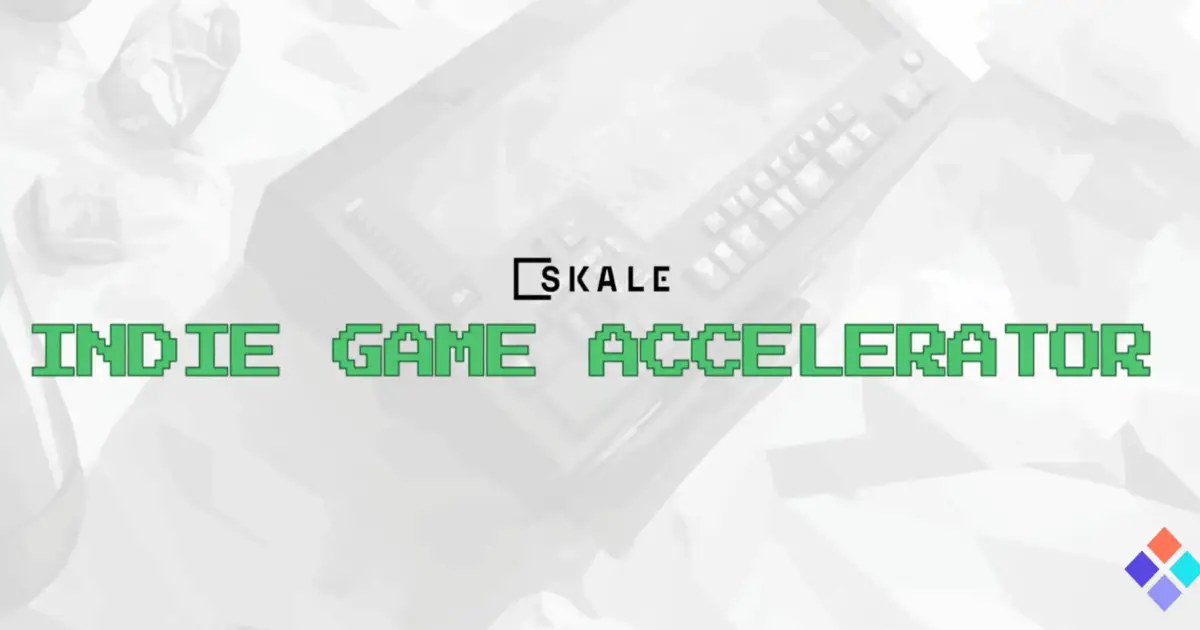Amidst the burgeoning interest in the intersection of blockchain technology and gaming, the SKALE network has launched an ambitious initiative: a $2 million grant program aimed at empowering independent game developers and traditional studios alike. At first glance, this effort appears noble, targeting small teams and solo creators who may not yet be adept in the intricacies of decentralized technology. However, upon closer examination, it raises vital questions about the long-term impact of such funding in shaping the gaming industry.
Decoding Digital Ownership
One of the core tenets of the SKALE initiative is to introduce digital ownership and in-game economies to developers who may otherwise lack the resources to dive into blockchain. While the notion of granting users true ownership of their digital assets sounds appealing, it is essential to consider the broader implications. How will introducing blockchain features transform the gaming experience? Will these integrations be seamless or clunky? Moreover, will the promise of zero transaction fees ultimately create a diluted user experience, as developers chase profitability in uncharted territories?
A Cautious Embrace of Decentralization
SKALE’s zero-gas model is certainly a hook designed to lower barriers to entry for new developers, which is commendable. However, it raises concerns about the sustainability of such a model and whether it can withstand the inevitable pressures of market demand. Developers accustomed to traditional monetization strategies may struggle to adapt to a zero-fee ecosystem, creating a potential disconnect between blockchain’s radical philosophy and the commercial reality of game development.
The Role of Established Studios
Notably, the initiative appeals to established studios as well. The idea that traditional gaming companies will pivot to blockchain solutions through grants funded in SKL tokens could, in theory, revolutionize the sector. Yet, history tells us that such transitions are fraught with complications. Established entities might adopt blockchain features not out of a desire to innovate, but from a strategic standpoint of staying relevant in a rapidly evolving market. This presents the risk of tokenized gaming elements falling victim to trends rather than serving as a genuine enhancement to gameplay.
The True Cost of Support
In addition to financial backing, successful applicants are promised a suite of support, from technical guidance to marketing assistance. While such resources are undoubtedly valuable, they also imply a potential dependency on SKALE’s ecosystem. This raises a pivotal question: will developers retain creative autonomy, or will they be subtly coerced into aligning with SKALE’s vision? The coupling of funding with strategic direction could lead to a homogenization of game designs, diluting the diversity that indie games are celebrated for.
The SKALE grant program is a bold initiative with the potential to disrupt the gaming landscape—yet it is riddled with complexities that must not be overlooked. Embracing innovation in the gaming sector is vital, and facilitating lower barriers to entry can lead to newfound creativity. However, as we celebrate this effort, we must remain vigilant about how it shapes the future of gaming, ensuring that it does not become merely another trend but rather a foundation upon which real revolution is built.


Leave a Reply